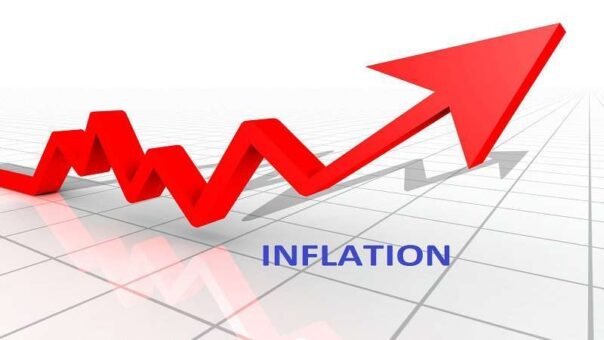Making ends meet with rising inflation has become almost impossible for the people, especially the vulnerable society, as the prices of daily use items have reached alarmingly high levels.
Almost every other person from the lower-income group to middle-class, has been in distress, owing to the economic meltdown in Pakistan. The Year-on-Year inflation based on the Consumer Price Index (CPI) has shot up to 31.4 per cent in September 2023, wiping the gains of the previous three months.
The impact of high inflation on the common man is very painful, something that has not been experienced in decades. The purchasing power of the common man has seen significant erosion in the last two years, leading to social unrest and changing dynamics.
Unfortunately, the country witnessed massive layoffs and a significant dent to the investors’ confidence. If we do not enhance exports, increase remittances, encourage foreign direct investment, pay off debts, grow foreign exchange reserves and widen the tax base, the condition would keep getting worse.
Similarly, inflation, in general, and food inflation, in particular, is making it hard for the most vulnerable segment of the society and the people below the poverty line to survive and the people at the helm of affairs should focus on some sort of targeted subsidy.
Families have been bearing surging prices over the last many years, as the cost of almost everything has elevated manifold. The burden of high inflation falls heaviest on those who are least able to bear it, meaning that high inflation is disproportionately hurting the low-income households.
The people observe different levels of inflation stress based on the household composition and income, housing rentals and other factors.
The inflation hits low-income households hardest for several reasons. They spend more on necessities such as food, gas, and rent — with greater-than-average inflation rates — leaving few ways to reduce spending.
When the prices surge, the middle-income households may react by consuming cheaper goods and buying more generic brands. The low-income households do not have the same flexibility; in several cases, they were already consuming the cheapest products.
Additionally, many low-income households lack the ability of higher income households to stock up when prices are discounted. The low-income households are also likely to have smaller cash buffers to tide them over a period of high inflation.
It is a fact that without price stability, we cannot achieve economic growth. For Pakistan, any disruption in supplies, as well as higher prices could cause increased hunger and food insecurity. And disruption to supply chains could broadly intensify inflation pressures.
For many households, the rising inflation poses a significant challenge. Higher prices can erode the value of real wages and savings, leaving the households poorer.
Simply, high inflation tends to worsen inequality or poverty because it hits the income and savings harder for the poorer or the middle-income households than for wealthy households. Households that have escaped poverty in the past could be pushed back into it by rising inflation.
Deciding what to do next, the central bank should keep in mind the potential effects on poverty and inequality. The low-income households in the rural and urban areas of Pakistan do not have access to the resources. What lies ahead for them is record high inflation.
The lower-income groups are suffering the most, while the middle-class families will have to make significant changes in their lifestyles to make ends meet.
Every country has different inflation rates because of their political conditions. Most studies show that low inflation can be achieved at no economic cost, as the governments delegate monetary policy to their independent central banks. The return of inflation is not just an important economic event, but it is also a political one. Tough decisions must be made on how to react to it.
Delaying the right decisions for political mileage results in even hardened choices. Moreover, the inability of the policymakers to grow exports and add economic efficiencies in the agricultural yield, industrialisation, information technology exports and tax revenues results in higher inflation.
It is high time that the people start taking responsibility and identify the people at fault for all the mess and ponder over what needs to be done to redress it.
Unfortunately, political ambitions of individuals, institutions and families continue to take precedence over what is better for the country, as a whole and its citizens.
In Pakistan, the economy is in dire need of reforms and for that, certain tough decisions will have to be made if we are to come out of the crises. But with a family to feed, paying rent, increased school and tuition fees, transport expenses, grocery bills and unpredictable health expenditures, the common man is forced to live beyond one’s means.
READ MORE: Rising Inflation Persists in Pakistan Despite Petroleum Price Cuts
